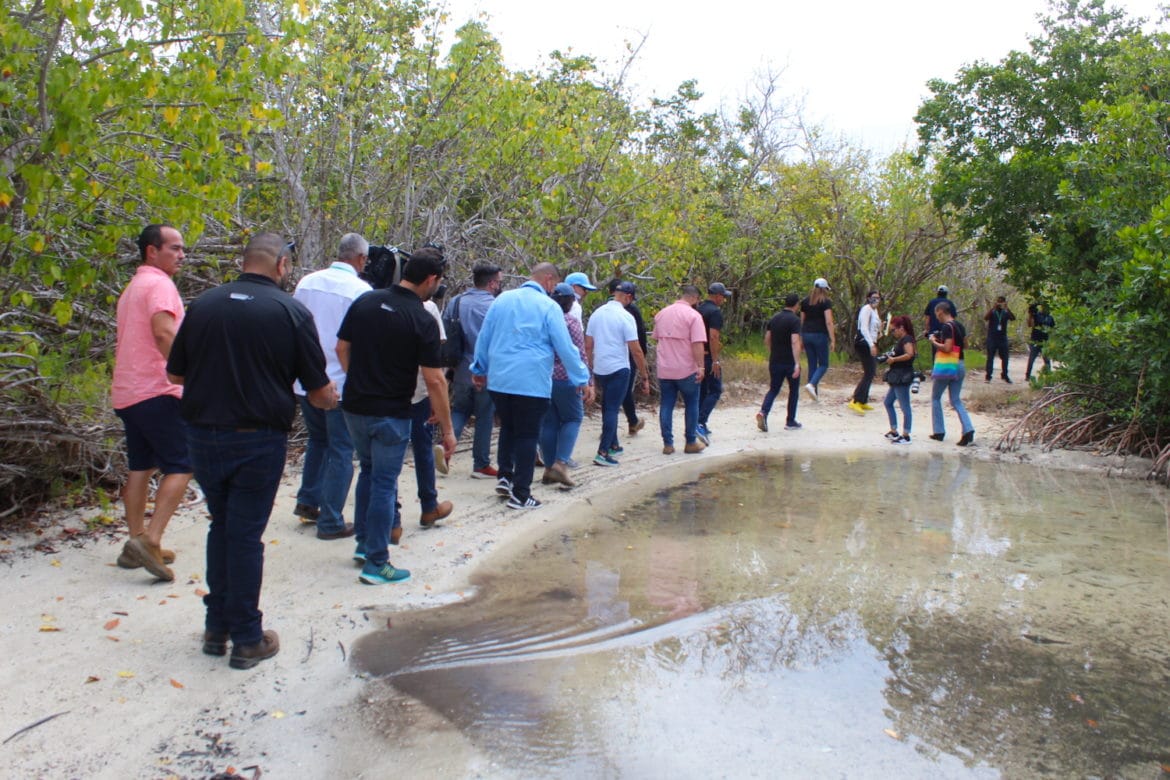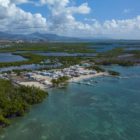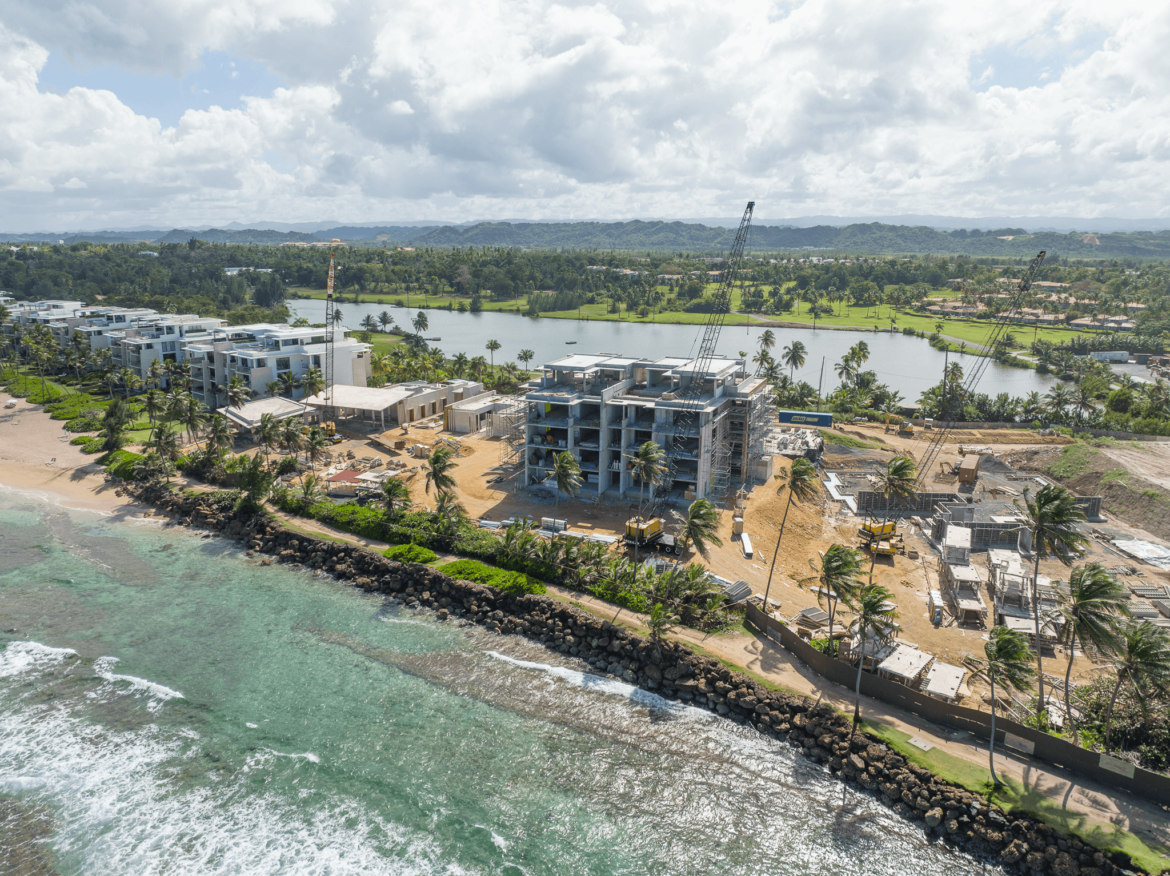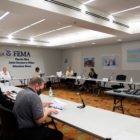Por décadas, un crimen ambiental ha estado ocurriendo en la Reserva Bahía Jobos en Salinas ante los ojos de muchos e implica a múltiples ramas del Gobierno de Puerto Rico y del Gobierno federal que han sido consistentemente negligentes en el descargo de sus funciones, reveló una investigación del Centro de Periodismo Investigativo (CPI). Se trata de la ocupación y construcción ilegal, la deforestación de mangles, el relleno de humedales y las descargas sanitarias al mar en un área de alto valor ecológico de la zona marítimo terrestre.
Existe un conflicto por la titularidad de las tierras donde se ubica la reserva y al día de hoy no existe un estudio de título de los terrenos, donde hay ocupantes con escrituras que remiten al Tratado de París de 1898, confirmó el secretario del Departamento de Recursos Naturales y Ambientales (DRNA), Rafael Machargo, en entrevista con el CPI.
La Reserva Nacional de Investigación Estuarina de Bahía Jobos, cuyos 2,800 acres pertenecen en su mayoría a DRNA, fue adquirida con fondos de la Administración Nacional Oceánica y Atmosférica (NOAA, en inglés) y es manejada con dinero federal desde 1981, por lo que hay jurisdicción conjunta sobre ella. Es única en su tipo en el Caribe y una de tan solo 29 en todo Estados Unidos y sus territorios. El daño ambiental en el área de la Reserva comenzó por lo menos a partir de los años 1970, aumentó en la década del 2000, y aceleró sin control entre 2017 y 2020, según fotos aéreas y testimonios obtenidos por el CPI.
Cuando se le preguntó a Machargo por qué él y sus antecesores en el DRNA no activaron a la Policía de Puerto Rico para detener la tala, los rellenos de terrenos y las construcciones ilegales, se justificó diciendo que las actividades ocurrían en altas horas de la tarde, noche y madrugada. La alcaldesa de Salinas, Karilyn Bonilla, quien aceptó tener conocimiento desde que entró funciones en 2013, dijo que no tiene jurisdicción y que hacía los referidos al DRNA.









